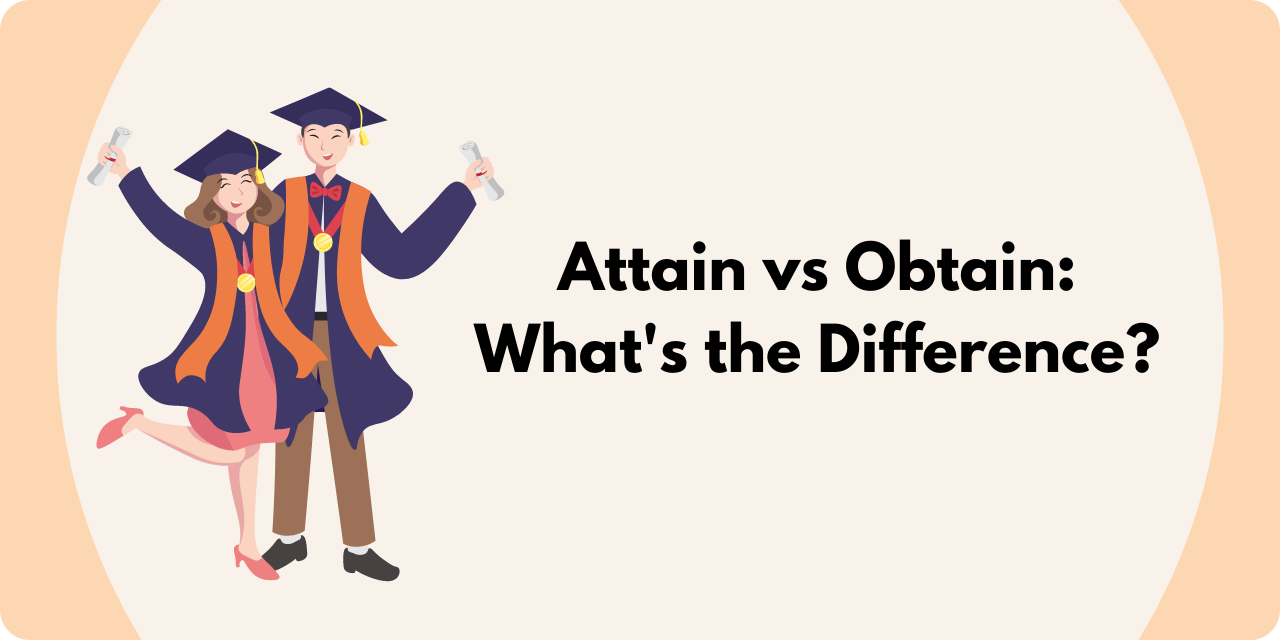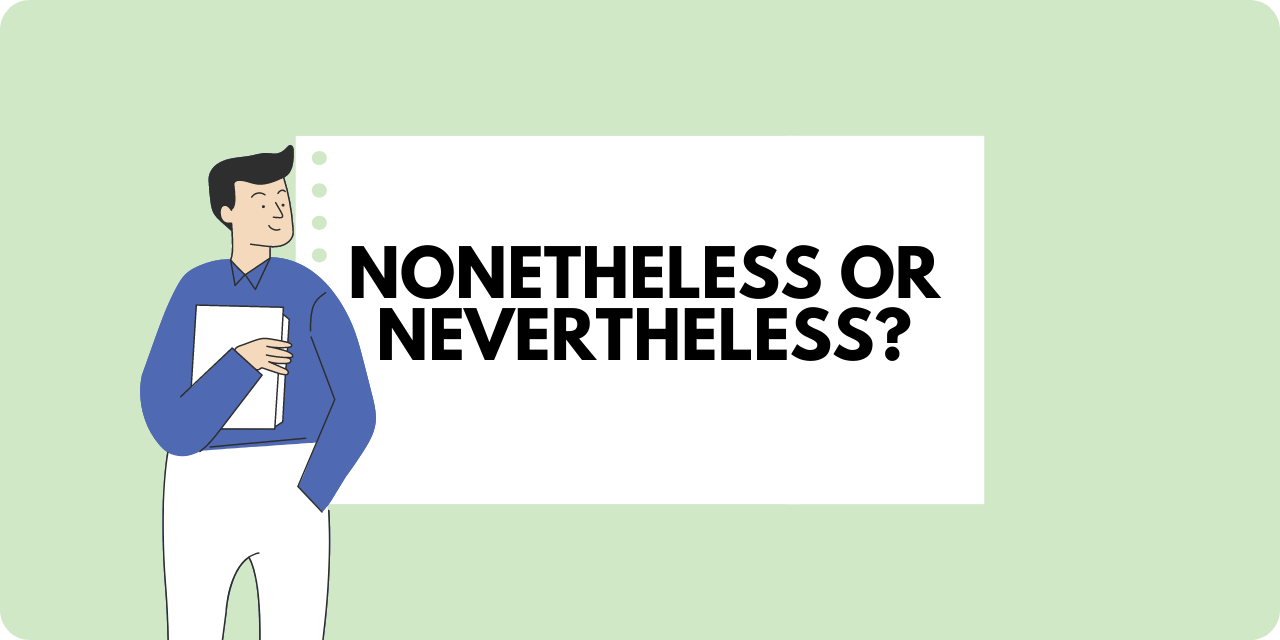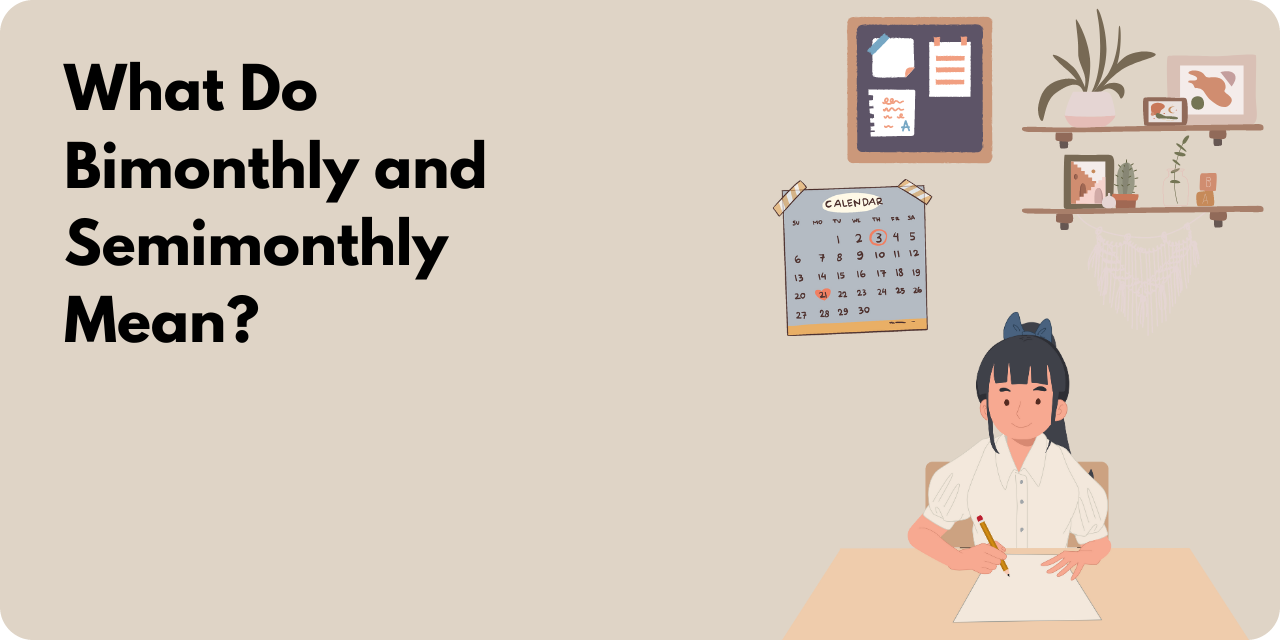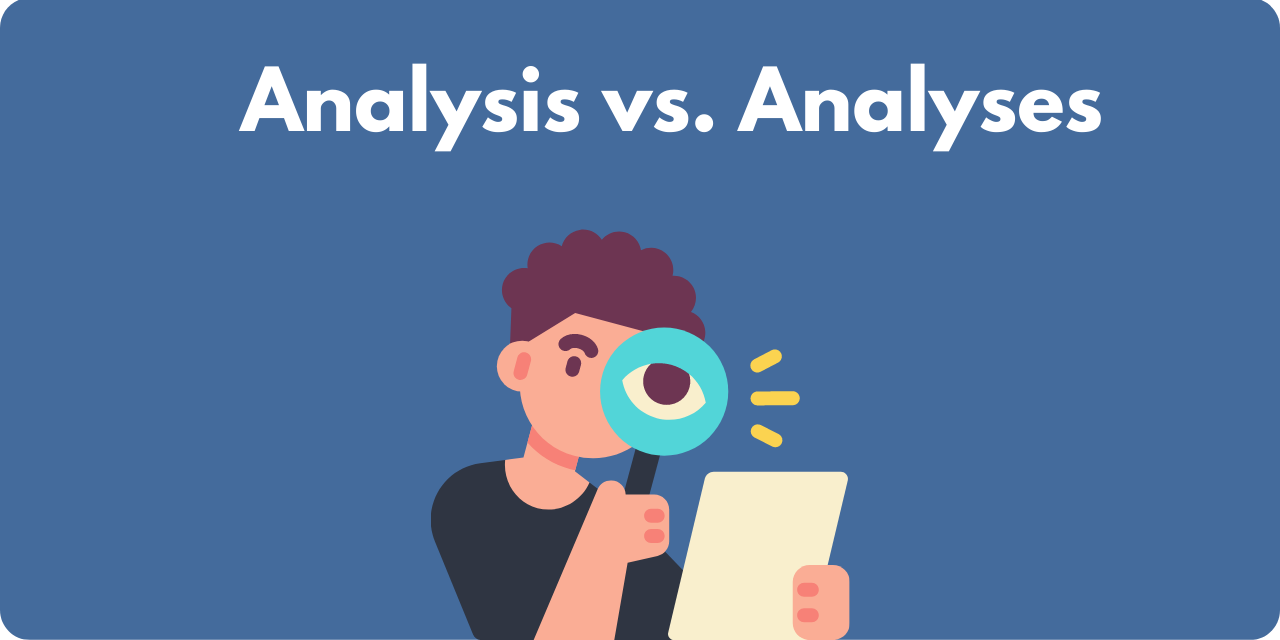“Mistrustful” and “distrustful” are often used interchangeably in everyday speech, which can make understanding their subtle differences and proper usage challenging.
In general, the distinction between “mistrustful” vs “distrustful” can be established based on the particular context and the desired degree of suspicion or expression of lack of trust. While these words are commonly viewed as synonyms, it’s important to understand their distinctions to ensure that you choose the expression that best fits your desired meaning and grammatical style.
Mistrustful vs Distrustful
- “Mistrustful” and “distrustful” are words used to denote suspicion or lack of trust, with their significant distinction being the intensity, situation specificity, and emotional undertones, which can be very easy to misuse in vocabulary.
- “Mistrustful” describes a situational suspicion directed towards particular persons or situations, describing long-standing or deeply established doubt and lack of trust.
- “Distrustful” has a more widespread aspect, implying a general suspicion towards people or the world, frequently used to express momentary or isolated episodes of suspicion.
Definitions
The words “mistrustful” and “distrustful” in grammar are adjectives. When used to modify or describe nouns, adjectives give details about their traits or attributes.
In this instance, the terms “mistrustful” and “distrustful” are used to characterize the mentality or behavior of people toward others, signifying a lack of trust or suspicion. They serve the purpose of defining or modifying the nouns they accompany.
The word “mistrustful” denotes a state of skepticism and caution, implying an unwillingness to trust others without adequate proof or observation of trustworthy behaviors. It describes a wariness and uncertainty based on one’s intuition, lack of assurance, or suspicion of other people. In interpersonal interactions and circumstances, it refers to a general absence of trust or suspicion.
“Distrustful” implies a profound lack of confidence and a tendency to view people with suspicion unless they can establish their reliability. It represents a more general difficulty with trust and a persistent feeling of caution in encounters and interactions. The term “distrustful” may hold the general opinion that people are dishonest or lack trustworthiness.
Examples – Vocabulary Use of Mistrustful vs Distrustful
There are several points to keep in mind when using the terms mistrustful vs distrustful in vocabulary. They include:
Context
When deciding between these terms, take into account the precise context and intended meaning. You must carefully evaluate which expression is more suitable by evaluating the depth and extent of the suspicion or skepticism.
“Mistrustful” tends to concentrate on a more personal, individual degree of concern or lack of confidence.
- Jane stayed mistrustful of her ex-husband’s promises after their previous disagreements.
- After discovering the company’s history of corruption, the woman felt mistrustful and took her business to their competitors.
“Distrustful” appears to communicate a more comprehensive and wider lack of trust or suspicion towards prominent institutions or systems. For instance,
- The prime minister’s repeated lies left the public distrustful of all promises during the campaign.
- The public grew increasingly distrustful of the government’s poor handling of the situation.
Degree of Skepticism
“Distrustful” has a more profound meaning than “mistrustful.” Use “distrustful” to emphasize a greater degree of suspicion or general mistrust.
Mistrustful (lower degree of skepticism):
- Despite his initial trust, he became mistrustful of the new tenants when he noticed their odd behavior.
- The man’s constant excuses and delayed deadlines made his boss mistrustful of his commitment to the project.
Distrustful (greater degree of skepticism):
- The bank’s involvement in the corruption scandal left everyone deeply distrustful of its moral values, significantly damaging its reputation.
- After losing all his money, the investor became highly distrustful of real estate investments.
Based Off Situation
“Mistrustful” describes a specific mentality or disposition in a specific scenario, while “distrustful” emphasizes a more thorough lack of trust or reservations relating to a particular context.
Mistrustful
- The teacher approached the claim with a mistrustful mindset, suspecting the students until proven otherwise.
- He is particularly mistrustful of investment advice from strangers, considering only recommendations from his professional network.
Distrustful
- The town residents were distrustful of the project, with major concerns about its negative impact on their welfare.
- After several failed relationships, she became deeply distrustful of potential suitors.
Emotions
“Distrustful” has a more cynical sense due to its deeper skepticism, while “mistrustful” tends to have a gentler sense, expressing caution or uncertainty.
Mistrustful
- Since his behaviors seemed to contradict his claims, they couldn’t help but feel mistrustful about his motives.
- The boy’s upbringing led to his mistrustful nature.
Distrustful
- The staff was distrustful of the company’s promises, having experienced dishonesty in the past.
- The politician’s history of dishonesty and corruption made his entire team highly distrustful of him.
Tone
It’s common to think of “mistrustful” as a more formal, neutral phrase that suits better in academic or professional situations. However, depending on the intended effect, “distrustful” may have a somewhat more assertive tone and be used in formal and casual contexts.
Mistrustful
- The judge approached the case with a mistrustful attitude, overlooking important details.
- The survey indicated that a significant percentage of the community is mistrustful of the government’s decisions.
Distrustful
- The teacher’s distrustful tone showed an innate skepticism toward the boy’s excuse for not submitting his workbook.
- The student’s article exposed the corrupt practices of the school management, leaving people distrustful of its core values.






